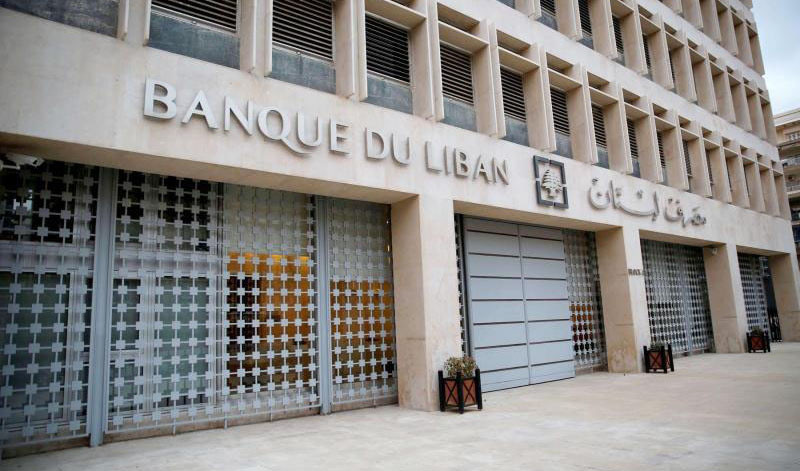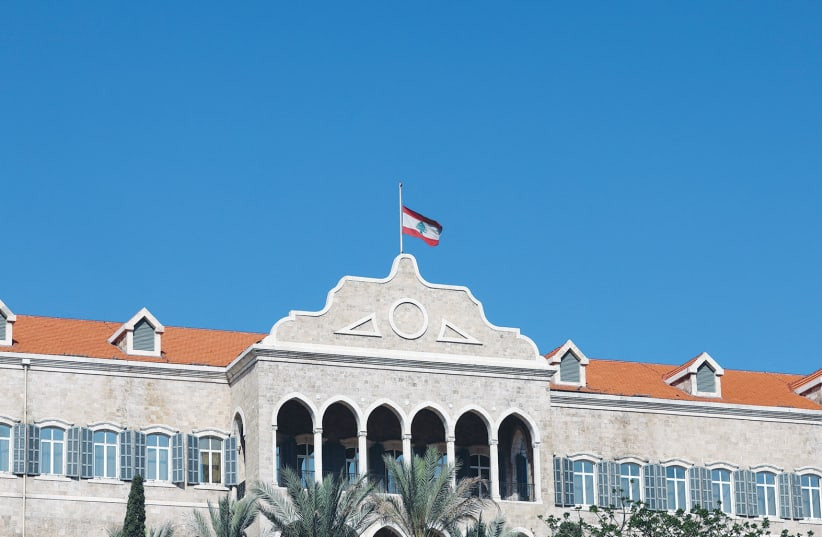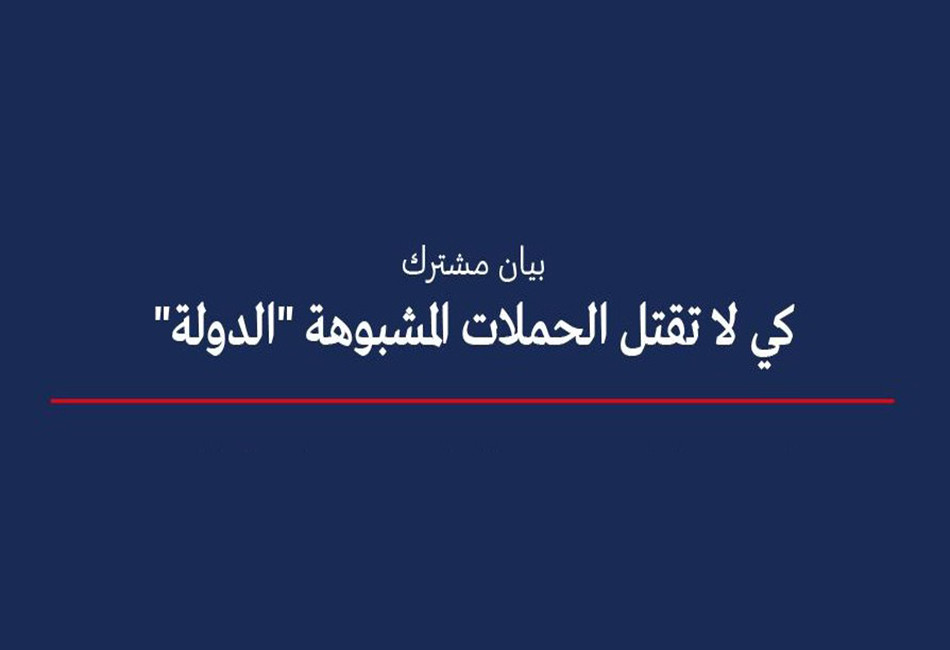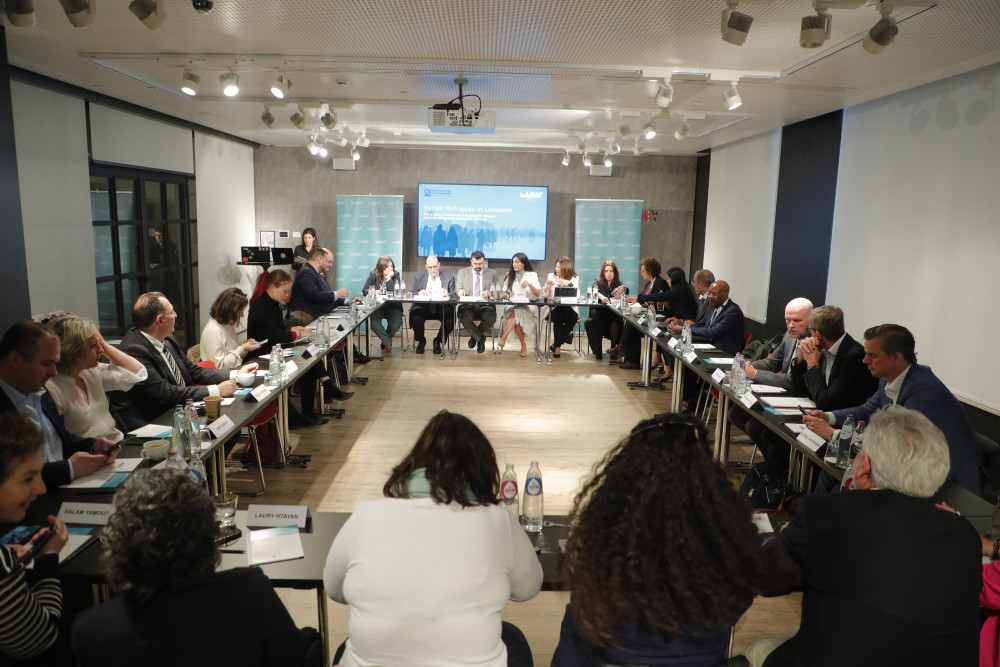Mounting Arears Mask the Unrelenting Deterioration of Public Finances
- Similar to 2018’s budget law, 2019’s was ratified in breach of the constitution; the law came well after its deadline, and without an account settlement law for the previous years. Again, officials cited that 2020’s budget will have a sound legal footing; however, the ongoing political gridlock indicates otherwise.
- More importantly, 2019’s budget does not include solid adjustment efforts, taking into account that the needed structural reforms cannot be limited to classical fiscal adjustment. The targets that were set in April 2018 at the Cedre conference were already very ambitious, they are now insufficient. In the absence of a comprehensive economic and financial reform plan, the budget has remained a narrow accounting exercise lacking a strategic vision.
- On this front, Kulluna Irada has went into details in a previous note questioning the sincerity of the budget’s figures. The law that was passed on 31/07/2019 does not address the points raised, it is based on optimistic economic assumptions and assumes the budget law is applied over a full year. Indeed, the staff concluding statement of the 2019 IMF article IV mission states that the fiscal deficit will reach 9.75% of GDP in 2019 well above the government’s target of 7.6%.
- With the passing of the budget, officials have yet to address the inability of the Ministry of Finance to secure funds on the open market that has left it underfunded for the past eleven months:
- The public funding crisis was initiated in Q2 2018 when local commercial banks stopped partaking in the Ministry of Finance’s LBP debt tenders . The gap created by them leaving the market was initially filled fully by Banque du Liban (BDL); however, since the end of Q4 2019 a deal was drafted with BDL for it to finance the deficit created by the public wage bill, debt servicing, and transfers to Electricité du Liban (EDL).
- The treasury’s dollar needs in 2018 were financed via a swap with BDL at cost of 1%, transferring most of the debt servicing burden to BDL; this operation has raised the quasi-fiscal deficit held at the Central Bank in total opacity. Similarly, 2019’s budget brought a proposal to issue debt yielding 1% and its figures assume the issuance is fully subscribed. However, the banks are not willing to subscribe in such low yielding debt whereas BDL stated it would look into alternative funding arrangements with the Ministry of Finance without providing further details.
- Due to the funding crisis payment, arears have accumulated on the Treasury. Figures are not available officially; they have been estimated at USD 3.9Bn by Al-Akhbar :
• USD 2,332Mn to CNSS
• USD 1,300 to hospitals
• USD 270.5Nb to various contractors
- As a result of underfunding, the government’s expenditures (including treasury transactions) dropped by 11.23% YoY during the first five months of 2019. On the other hand, revenues dropped by 6.90% YoY over the same period; combined, the government’s cash-based deficit dropped by 18.33%. The drop in the cash deficit should not be mistaken with an adjustment program. It is a de facto fiscal austerity due to a consistent public funding shortage; mounting arears will bring up the deficit once liquidity is secured, unless the government decides to push these payments further down the line.
BDL Maintains the Financial System at the Expense of its Balance Sheet
- In the first half of 2019 a total of USD 5,390.8Mn flowed net out of the Lebanese economy when compared to USD 4,823.1Mn of net outflows during the entirety of 2018. The acceleration of the pace is the main worry for the stability of the financial system. Outflows averaged USD 402Mn per month in 2018 and rose to USD 898Mn per month in 2019. BDL has funded this balance of payments deficit from its own accounts to support the currency peg.
- Lebanese commercial banks continued deriving most of their profits from the Central bank’s high yielding deposits facility as part of its unconventional monetary policies. A new policy to attract FX deposits into BDL’s coffers has been initiated in Q2 2018, it offers 14%+ annual yield over a three-year tenor.
To boost their reserves pending a sovereign credit rating downgrade, banks have been allowed to record all future proceeds of the most recent batch of unconventional monetary policies as realized profits under the pretext they are retained as provisions. Audi bank has retained as provisions USD 70.10Mn, BLOM kept USD 173.28Mn, and Bank Byblos put USD 157.52Mn on the side during the first half of 2019. As a result of these operations, five of the six Lebanese banks listed on the Beirut Stock Exchange have seen their aggregate profits drop by 5.50% to USD 570 million in the first half of 2019.
- These polices along with the need to cover for the mounting balance of payments deficit have caused a 16.51% YoY drop in BDL’s foreign assets as of 31/07/2019. Furthermore, BDL has been providing bridge financing to cover for USD 2,152Mn in maturities and coupons on the government’s Eurobonds.
Accelerating deterioration of real economy
- Commercial banks have continued their de-risking strategies and have contracted their lending portfolios to the private sector. Loans to the private sector dropped by 5.74% or USD 3,383Mn in the first half of 2018.
- Leading indicators of economic activity are showing signs of a continued slowdown:
- New registered passenger vehicles dropped by 16.63% in H1 2019 when compared to H2 2018.
- The value of cleared cheques dropped by 18.47% in H1 2019 when compared to H2 2018.
- The value of real-estate transactions dropped by 36.03% in H1 2019 when compared to H2 2018.
| Indicator | H1 2019 | 2018 | 2017 | 2016 |
| Newly registered vehicles | -16.63% | -11.31% | +2.47% | -7.71% |
| Value of cleared cheques | -18.47% | -2.47% | +0.17% | -2.31% |
| Value of real-estate transactions | -36.03% | -18.28% | +17.36% | +5.94% |




